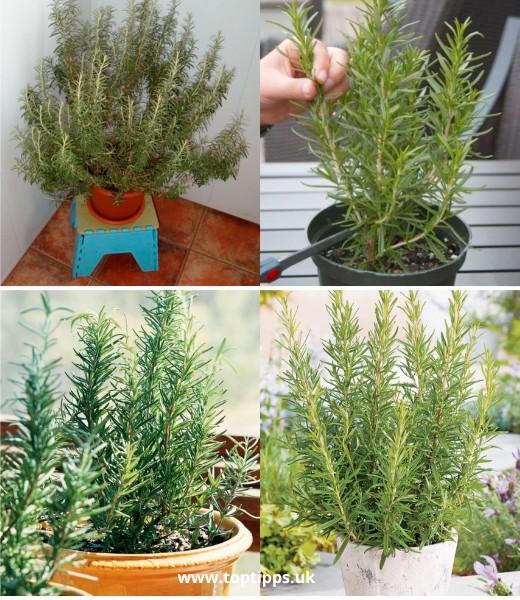ADVERTISEMENT
In fact, as the plant develops, it needs more space to grow, so transplanting is only important if it is moved from a smaller to a larger container or from a narrower to a larger plot. Another fundamental advice we give you is related to fertilisation.
You should know that this plant also needs fertiliser, so that it can be helped to grow. We advise you to fertilise the plant from March onwards, precisely in conjunction with the arrival of spring and the cutting of the tips.
Protect it like this
Rosemary is a much-loved plant, especially in the kitchen, because of the aroma it brings to all dishes prepared with its help.
Not everyone knows, however, that for this plant to grow luxuriantly, it is essential to protect it. To do this, you can prevent it from being constantly exposed to excessive heat.
Constantly thick rosemary
Therefore, place it in a dry and well-ventilated place, but protected from direct sunlight. Another piece of advice we give you is to protect the rosemary from parasites and other diseases that may affect it.
To do this, you should periodically apply a pesticide that performs this protective function. You can buy one in a specific shop or create it directly at home, with the ingredients you have available.
Some argue that among the low-cost pesticides that can be found directly at home, Marseille soap is the best. If you want to use this product, we advise you to dissolve about 20 grams in a bain-marie.
Add 500 millilitres of water and combine everything to insert it into a spray bottle or, in general, a bottle equipped with a vaporiser. Once this is done, you can spray it on your plants to make it light, but effective at the same time.
With these 5 tips we have just given you, we are sure that you will get a really leafy and healthy plant, which you can keep as an ornamental plant or use it in the preparation of your dishes
ADVERTISEMENT
